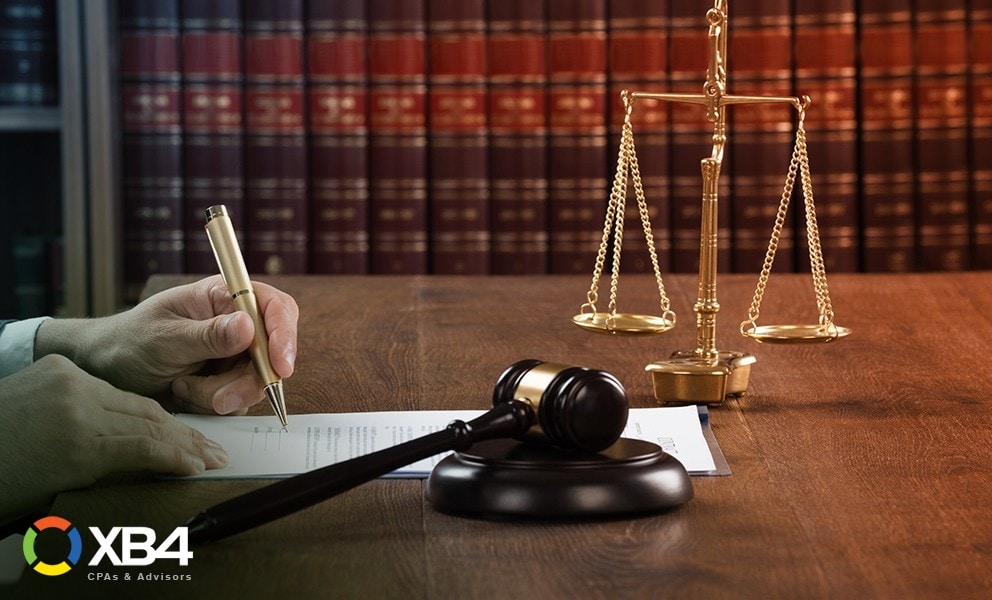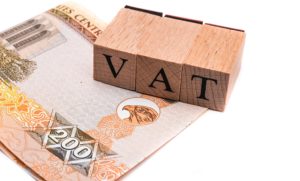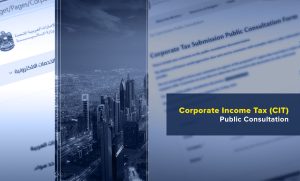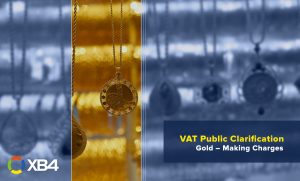
Know your rights about Tax dispute and litigation processes under UAE VAT Law
VAT registered businesses and individuals are in the third year of their VAT journey, which has started on 01st January 2018. As VAT is a self-assessment tax, the taxpayer is required to calculate and file their VAT returns as per the requirement of VAT law; at the same time, a taxpayer must understand their right about tax dispute and litigation processes under UAE VAT law.
If the taxpayer discovered any error or omission of tax payable or refundable that amounts to less than AED 10,000 in previously filed VAT returns, the taxpayer can correct the same in the VAT return for the tax period in which the error has been discovered. However, if the error or omission results into tax payable or refundable exceed AED 10,000, taxpayers need to submit Voluntary Disclosure (VD) to the Federal Tax Authority (FTA).
In some instances, the taxpayer may not agree or be satisfied with the decision of the FTA, such as the amount of tax or penalties due in respect of a particular transaction or prior tax period, unfavorable clarification or auto-populated penalty on submission of VD or penalties imposed after-tax audit, etc.
In such scenarios, UAE VAT law and related legislation provide three levels of resolutions available to the taxpayer. These are as the following;
- Reconsideration Application to FTA
If the taxpayer is not satisfied by any decision made by the FTA or tax or penalties imposed, the taxpayer have the right to submit a reconsideration application within 20 business days of the original FTA decision was made. Reconsideration application needs to be submitted in the Arabic language with complete details of the reasons why the taxpayer believes the decision should be reconsidered, also need to be supported by legal references and relevant FTA publications (if any).
- Objection before a Tax Dispute Resolution Committee
If the taxpayer is not satisfied with the decision made by the FTA, the taxpayer can then use its right to object to the Tax Dispute Resolution Committee within 20 business days of the revised FTA decision was made. The objection needs to be submitted in hardcopy and in the Arabic language to the relevant Tax Dispute Resolution Committee.
If the objected tax plus penalties are less than AED 100,000, then the decision of the Tax Dispute Resolution Committee will be final and cannot be challenged in the court.
- Appeal to the Federal Court of Appeal
Further, if the taxpayer is not satisfied by the decision made by the Tax Dispute Resolution Committee and the objected tax plus penalties amount is more than AED 100,000. The taxpayer has the right to appeal in the Federal Court of Appeal within 20 business days of the Tax Dispute Resolution Committee’s decision. The decision of the Federal Court of Appeal remains unchallenged.
Relevant provisions of Federal Law No. (7) of 2017 on Tax Procedures;
Article (27) Procedures for Application for Reconsideration
- Any person may submit a request to the Authority to reconsider any of its decisions issued in connection to him, in whole or in part, provided that reasons are included, within 20 business days from him being notified of the decision.
- The Authority shall review a request for reconsideration if it has fulfilled the requirements and issue its justified decision within 20 business days from receipt of such application. The Authority shall inform the applicant of its decision within five business days as of the issuance thereof.
Article (28) Tax Disputes Resolution Committee
- One or more permanent Committee shall be formed known as the “Tax Disputes Resolution Committee”, chaired by a member of the judicial Authority and two expert members registered in the register of tax experts to be appointed by a decision by the Minister of Justice in coordination with the Minister.
- A Cabinet Decision shall be issued regarding the Committee’s bylaws, the remuneration of its members, and the procedures followed thereby.
Article (32) Enforcement of the Committee’s Decision
Final decisions issued by the Committee regarding disputes which do not exceed 100,000 Dirhams shall be deemed as executory instruments pursuant to this Law, while final decisions of disputes exceeding 100,000 Dirhams shall be deemed as executory instruments if they were not challenged before the Competent Court within 20 business days from the date of rejection of the objection and shall be enforced through the execution judge at the Competent Court pursuant to the Civil Procedure Law in the State.
Article (33) Challenge Procedures before Courts
- Without prejudice to the provisions of Article (32) of this Law, the Authority and a Person may challenge any of the Committee’s decisions before the Competent Court within 20 business days from the date of notification of the objector thereof.
- Challenges may be made to the Competent Court in the following instances:
- An objection to the whole or part of the decision of the Committee.
- Non-issuance of a decision by the Committee regarding an objection submitted to it in accordance with the provisions of this Law.
Conclusion
Although UAE VAT Law empowers taxpayers to protect their rights but at the same time, it’s the responsibility of the taxpayer to analyze their tax position and follow tax procedures as laid down in the Law. However, unintentional errors occurred in good faith are not punishable and need to bring into the light within the legal framework.
Key Takeaways
- Taxpayers need to closely monitor their tax positions and all communications from FTA as corresponding actions are time-bound and lead the taxpayers towards consequences such as penalties up to 300 percent of the tax amount.
- The taxpayer should hire tax Agent at the initial stage of their VAT journey and must do VAT health checks at regular intervals to avoid consequences at the later stages.
- Whether the taxpayer is agreed or not with the decision of FTA, It is advisable to settle all tax dues as per the self-assessment or FTA decision within due date, to avoid further time bared penalties.
- FTA / Tax Dispute Committee / Federal Court do reject the objection applications if not filled within time; generally, 20 business days form the decision.
- As all objection applications need to be filled in the Arabic language only, it is advisable to take the help of tax experts to maintain the legal force of the application.
No, there is no such upper limit to file the tax dispute. But if the tax plus penalties amount is less than AED 100,000, then the decision of the Tax Dispute Committee cannot be challenged in the Federal court of the appeal.
As reconsideration application is the first step in the tax dispute resolution and needs to be filed within 20 business days from the FTA decision. FTA do reject the reconsideration application, and taxpayers need to follow the initial decision of the FTA. However, it is advisable to consult a tax expert to look into the case and advise suitable action.
The taxpayer can settle all due taxes and penalties by any of the following convenient channel;
E-Dirham or Credit Card or Bank transfer using GIBAN
There are three Tax Dispute Resolution committees;
- Dubai – For Dubai Taxpayer
- Abu Dhabi – For Abu Dhabi and Non-residence taxpayers
- Sharjah – For Sharjah, Ras al-Khaimah, Ajman, Fujairah, and Umm al Quwain Taxpayers.
No, all objection applications need to be filed mandatorily in the Arabic language only, and in our experience, translation from English to Arabic will not convey the exact message. Hence it is advisable to take professional help.


























































